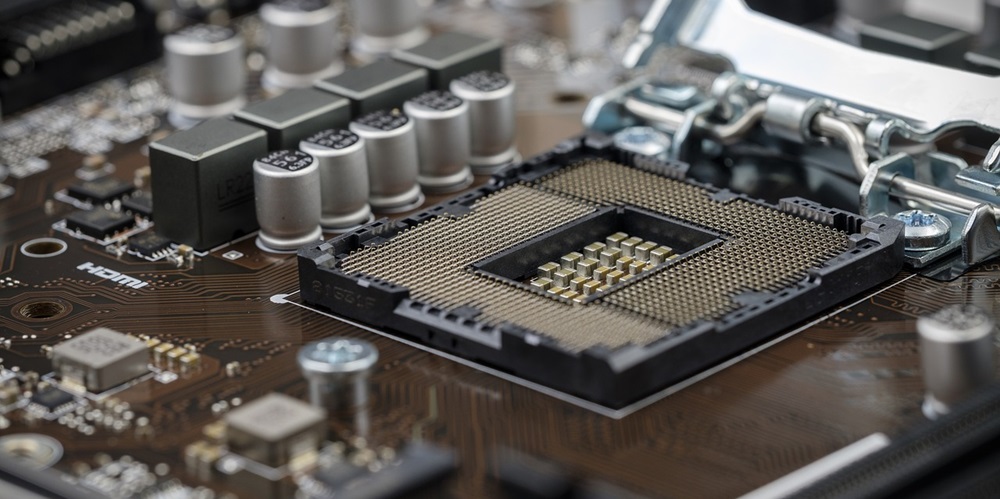Intel’s latest CPU offerings, namely their 13th and 14th-gen Core i9 chips, have been causing headaches for players of Unreal Engine games due to unexpected crashes. Asus has sought to address this by releasing a BIOS update for their Z790, B760, and H770 motherboards. This update introduces an ‘Intel Baseline Profile’ to align power usage with Intel’s standard specifications, targeting the power-related causes of game instabilities.
However, the update, which was not initially labeled as beta, carries the hallmarks of beta releases, including potential instability. The gaming community’s feedback highlights a bittersweet result: while the BIOS update has improved game stability, it’s believed to have compromised system performance. Gamers have noticed a reduction in performance following the update, indicating that achieving game stability has had an undesirable side effect. As a result, there’s a balancing act between enjoying a smooth gaming experience and maintaining optimal system performance.
Exploring the Stability-Performance Dilemma
The decision to adjust motherboard settings to follow Intel’s recommended defaults, while providing relief for the crashing problem, does introduce a new set of considerations. The need to suppress power consumption for game stability has led to diminished system performance for some users. This pivot has caused understandable discontent within gaming circles, where peak performance is often as treasured as stability. It seems that this BIOS update, despite being a promising quick fix, might only serve as a stop-gap measure.
Doubts surrounding the underlying causes of these crashes tend to paint the BIOS update in a speculative light, with motherboard configurations now under increased scrutiny. Even as the ‘Intel Baseline Profile’ measures gain traction, the broader picture of cause-and-effect remains murky. Stakeholders, enthusiasts, and end-users alike are poised for more detailed diagnostics from Intel itself. The tech community at large is especially eager for a resolution that wouldn’t necessitate a performance compromise.
Industry-Wide Implications and Future Outlook
Asus’s proactive strategy with this BIOS update showcases a nimble response to a pervasive issue. If the ‘Intel Baseline Profile’ continues to demonstrate efficacy in preventing crashes, it wouldn’t be surprising to see other motherboard manufacturers follow suit. This could catalyze a temporary industry standard until more concrete information and guidance come from Intel.
The ramifications for consumers are significant. There’s anticipation that Intel will lay out a more definitive and less compromising solution. Until then, this could mean a period of adaptation where performance is tuned down to achieve the necessary stability in gaming. Asus has set the precedent, but the onus is on Intel to uncover and address the root of the malaise. As the saga unfolds, the entire computing industry watches and waits, ready to adjust to the outcomes that will chart the course for next-gen CPU gaming experiences.

